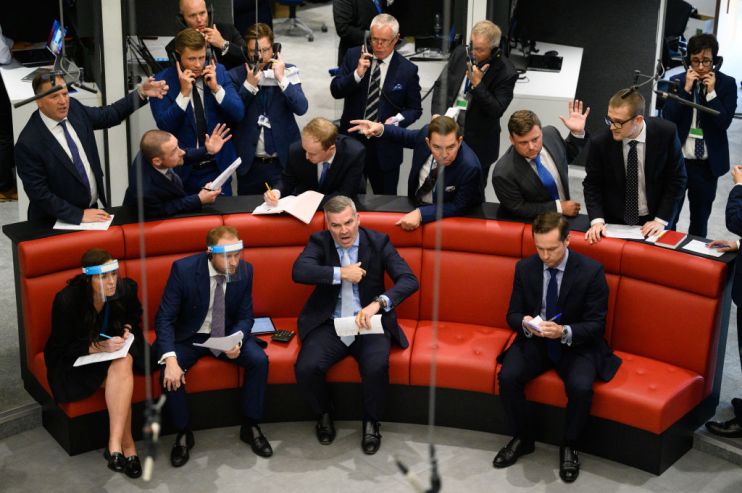LME compliance chief called FCA nickel queries ‘ridiculous’

The London Metal Exchange’s head of compliance described questions from the UK’s markets regulator about unprecedented increases in nickel prices last year as “ridiculous”, according to court documents released on Thursday.
Kirstina Combe, the LME’s chief regulatory and compliance officer, appeared to criticise queries from the the Financial Conduct Authority (FCA) about the spiralling price of nickel during last year’s unprecedented price surge.
A spokesperson for the LME did not immediately respond to a request for comment.
An FCA official asked LME Chief Executive Matthew Chamberlain in a 7:18 am email on March 8, 2022 – shortly before the LME cancelled that day’s $12bn of trades – whether the exchange was seeing “extreme dynamics” with other metals.
The official, whose name is redacted from emails seen by Reuters, also asked Chamberlain about his “understanding of what is driving this continued spiralling increase in price”.
Joe Mealing, a senior regulatory analyst at the LME, responded just over an hour later, saying that nickel prices were a “signficant outlier” and citing the impact of U.S. Secretary of State Antony Blinken’s comments on March 7 about the possibility of banning imports of Russian oil.
However, in a message sent to a private WhatsApp group for senior LME staff, Combe said before Mealing replied that she had spoken to the FCA on the phone to answer “their ridiculous questions”.
The heavily-redacted messages were released on Thursday, on the final day of a legal challenge over the LME’s decision to cancel nickel trades made last year.
U.S.-based hedge fund Elliott Associates and market maker Jane Street Global Trading (JSGT) have accused the LME of unlawfully cancelling trades made on March 8, 2022, after the nickel price doubled in a matter of hours.
Elliott and JSGT are demanding $472m in damages. But the LME, the world’s largest metals market, argues it was justified in suspending trading and voiding deals because $19.7bn of margin calls would otherwise have led to the defaults of multiple clearing members and created systemic risk.
Reuters – Sam Tobin
